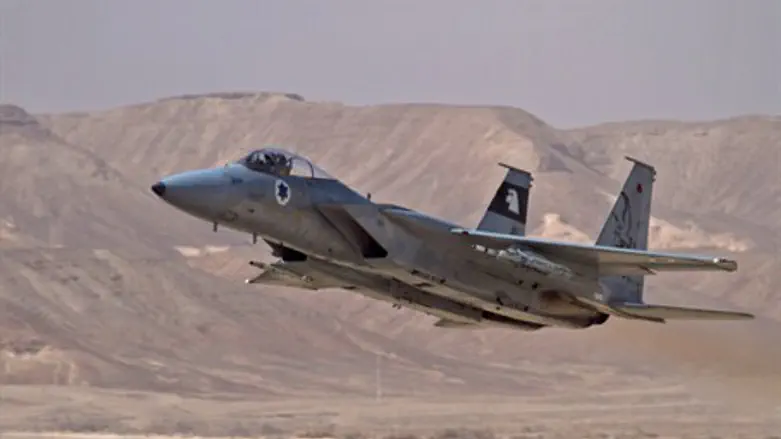
A series of explosions last week at a critical Syrian port was the result of airstrikes by Israeli warplanes, multiple U.S. officials told CNN on Friday.
Regional media widely reported the predawn explosions at Latakia on July 5, but no one had officially claimed responsibility.
Three U.S. officials told CNN the target of the airstrikes were Russian-made Yakhont anti-ship missiles that Israel believes posed a threat to its naval forces.
The officials declined to be named because of the sensitive nature of the information.
So far, the Israeli government has also declined to comment to CNN.
The Syrian rebels said on Tuesday that “foreign forces” had destroyed advanced Russian anti-ship missiles in Latakia, hinting that Israel may have been behind the attack.
Qassem Saadeddine, a spokesman for the Free Syrian Army's Supreme Military Council, saod that the rebels' intelligence network had identified newly supplied Russian Yakhont missiles being stored in the depots that were hit.
"It was not the FSA that targeted this," Saadeddine said. "It is not an attack that was carried out by rebels.
"This attack was either by air raid or long-range missiles fired from boats in the Mediterranean," he added.
Rebels described hearing and seeing huge blasts, the ferocity of which, they said, was beyond the firepower available to them but consistent with that of a modern military like Israel's.
Defense Minister Moshe Yaalon said on Tuesday that Israel does not interfere in the affairs of neighboring countries, but it does act when its red lines are crossed. Some interpreted these remarks as a hint that Israel may have been involved in a strike in Syria.
"We’ve established red lines regarding our interests and we maintain them. Whenever there is an explosion or attack over there, the Middle East blames us anyway,” Yaalon said vaguely.
In May, Yaalon said that Israel "will know what to do" if Russia delivers highly advanced anti-aircraft missiles to Syria.
These remarks were also viewed by some media outlets as “an apparent allusion to another air strike” on Syria.
In May, Syria claimed that the Israel Air Force (IAF) struck several critical military facilities in Syria, killing dozens of elite troops stationed near the presidential palace.
Israel refused to confirm it was behind the attack. The strikes are widely seen as attempts to prevent the Syrian government from transferring weapons to Hizbullah in neighboring Lebanon.
(Arutz Sheva’s North American Desk is keeping you updated until the start of Shabbat in New York. The time posted automatically on all Arutz Sheva articles, however, is Israeli time.)
